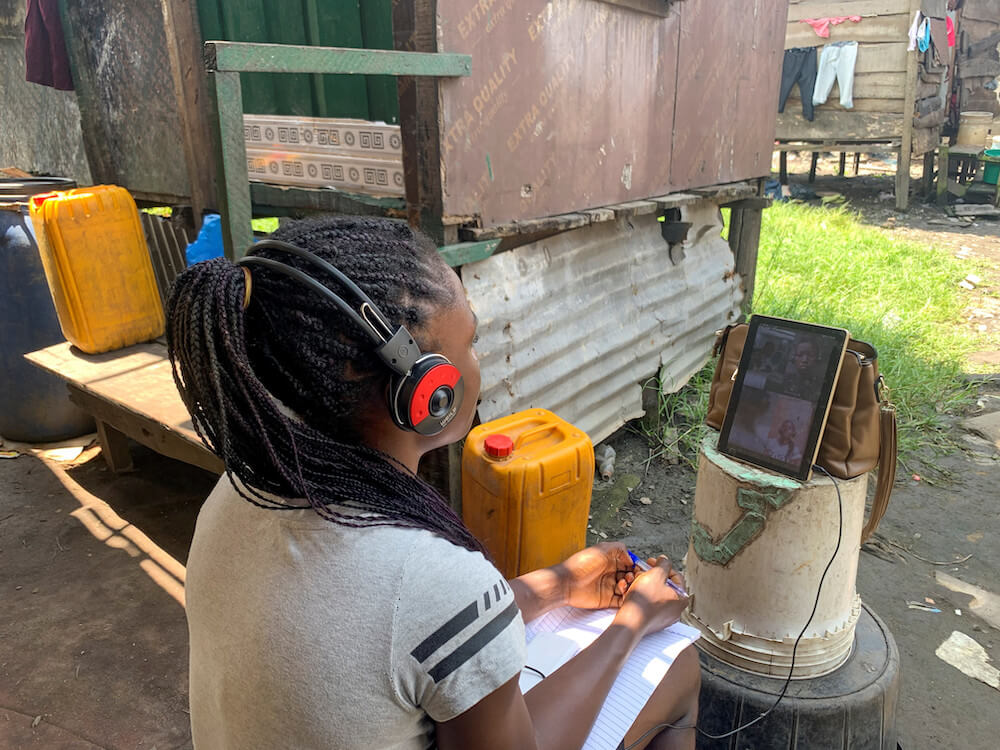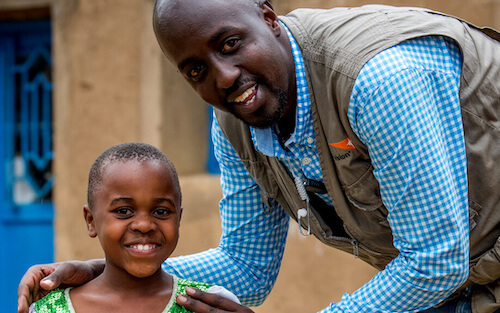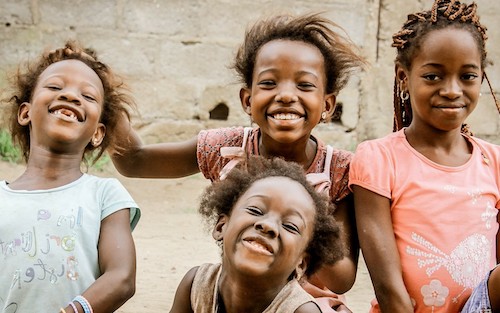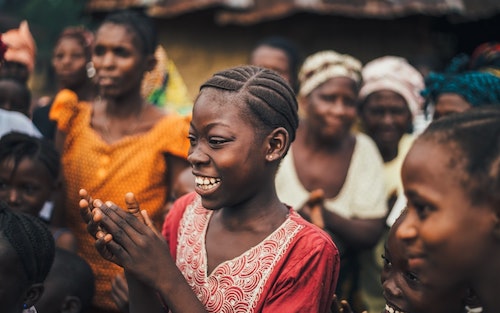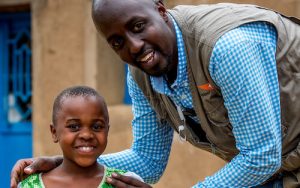Educating the Masses
The Rise of Online Education in Africa and South Asia
Education systems in Africa and other developing regions are in crisis. To mention just one of many problems, UNESCO estimates that one in five children worldwide did not participate in any form of education in 2016. Almost all of these 263 million children—6 to 17 years of age—lived in developing countries. Yet, this crisis could get even worse. Africa’s youth population is expected to double to 830 million people by 2050, but few resources are dedicated to educating these young people.
Against this backdrop, online education is getting increased attention as a possible solution to widen access to education at an affordable cost. We believe that online learning will revolutionise education in the developing world and help close global literacy gaps.
Terms you need to know
Blended learning usually refers to remote learning programs that are supplemented with traditional in-person lectures, classes, or study groups, as well as access to physical educational resources such as libraries. Many experts consider the blended or hybrid approach the most effective model of remote learning.
Distance learning or distance education generically refers to any kind of remote learning, but it also has a specific meaning and history that started long before the Internet revolution. These terms often refer to structured programs offered remotely to students. They started originally as correspondence courses; many are now delivered completely or primarily online.
MOOCs (massive open online courses) are called “massive” and “open” because they typically don’t have formal admission requirements and can be attended by thousands of students at the same time.
Digital empowerment
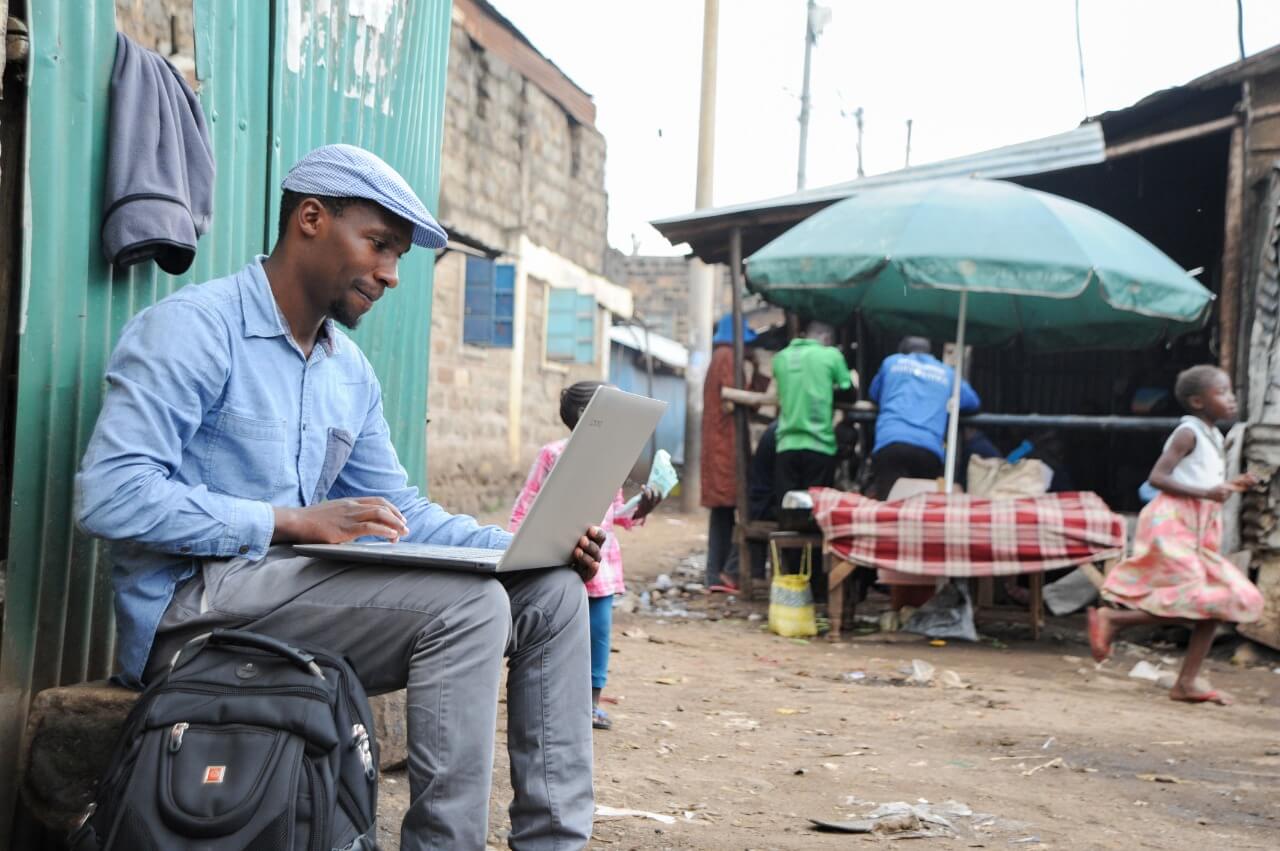
Our digital education solutions entail a technical solution, educational content, didactics, stakeholder training & coaching and a support structure. In this field we develop, test and proof new approaches, tools and concepts with partners on the ground. Proven concepts are further disseminated within our partner network in Africa which takes care of further up-scaling and support.
Our mission: Unleashing potential of students, teachers and the educational sector through digital education thereby contributing to positive socio-economic change in Africa.
Our vision
Education as a foundation we support the view that education is at the root of positive socio-economic change. It fosters an emerging middle class and opens individual opportunities. We firmly believe in the added value of digital tools to enhance the educational impact. Our focus is on the realisation of an enabling and supporting environment for educational institutes that offers relevant tools, content, training and a support structure.
We support the view that education is the foundation of positive individual, social and economic change, that education creates opportunities, instigates positive developments and broadens scopes. We see the added value of digital means to enhance the educational sector and contribute to this development with concrete and sustainable educational projects.
We validate these in the local context and make them available within a local service network for further up-scaling. This creates ownership, capacity, autonomy, uniformity and sustainability on a local level while harnessing the advantages of an (inter)national support network.
